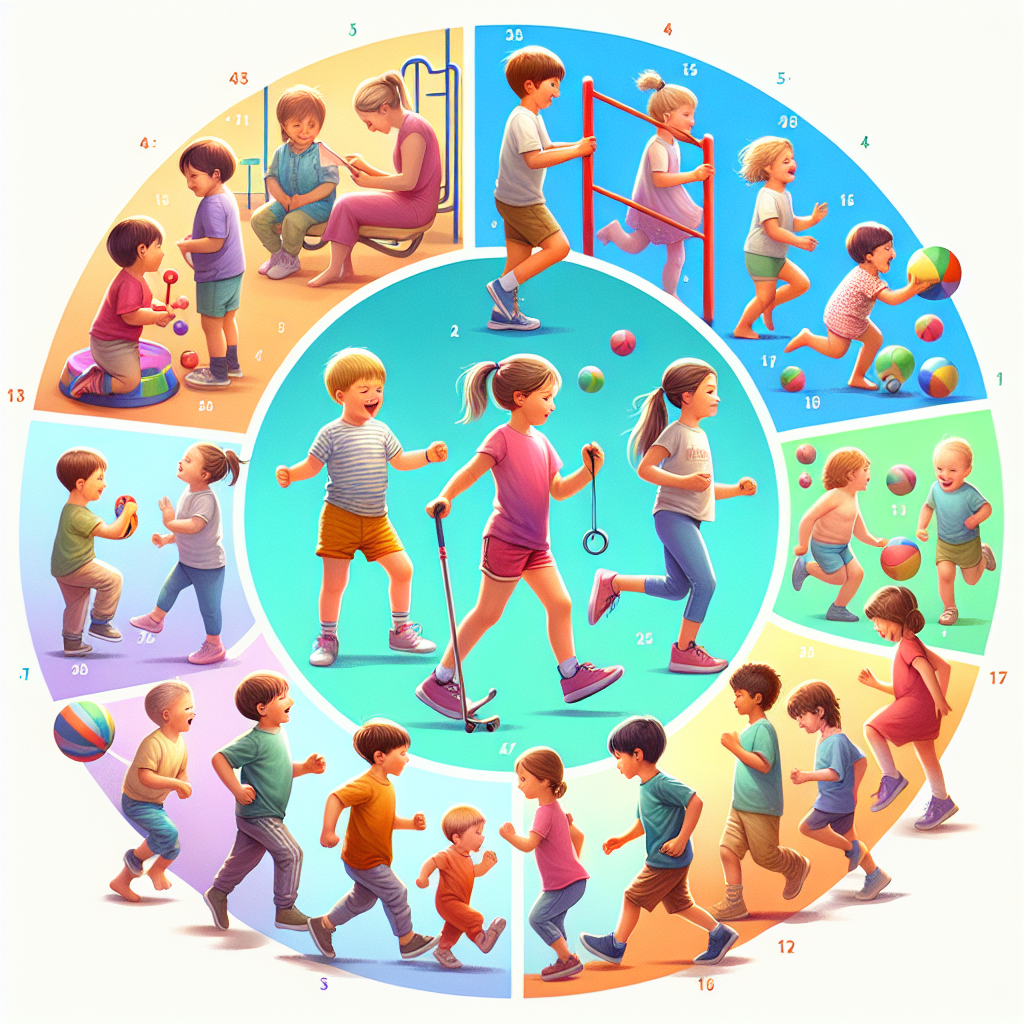How Much Physical Movement Does Your Child Need: Age Guide
Why is physical movement important for children?
Physical movement is fundamental to a child's healthy development. Beyond building a robust physical condition, regular physical activity stimulates cognitive growth and development, helping to improve concentration and memory. Also, active children have a lower risk of developing conditions such as obesity and depression in adolescence or adulthood.
Physical activity in young children (0-3 years)
In the first years of life, physical activity is more limited to play. It is important for parents to encourage free time spent playing on the floor, which stimulates gross and fine motor development. At this stage, activities may include rolling, crawling, walking, or short walks in a stroller.
Preschool children (3-5 years)
At preschool age, it is recommended that movement be integrated into a variety of activities, such as dancing, running or swimming. Children in this age group should be physically active for at least 3 hours a day, spread throughout the day.
Physical movement and young school children (6-9 years)
When the child has reached school age, physical activity diversifies even more. Organized sports begin to play a significant role, providing social benefits and developing teamwork. At least 1 hour a day of moderate to vigorous physical activity is recommended - and this includes things like cycling, swimming or playing outside.
Preadolescent children (10-12 years)
At this stage, the emphasis is on strengthening physical activity habits. Children should be encouraged to participate in at least 60 minutes of moderate to vigorous physical activity each day. This is the stage where various sports skills can be refined and developed.
Teens (13 years and older)
As the child reaches adolescence, interest in sports may wane, which is why it is essential to find activities that he enjoys and motivates him. Exercise should remain a constant part of your daily routine, with a minimum of 60 minutes of daily physical activity recommended.
The benefits of exercise for mental health
The connection between physical activity and mental health should not be neglected either. Children who exercise regularly show lower levels of stress and anxiety, and improved self-esteem.
Conclusion
To ensure that your child benefits from all the benefits of physical activity, it is important to encourage and support an active lifestyle through various age-appropriate games and activities. A child who moves is a healthy and happy child, and the benefits will be seen both now and in the future.














































































































































